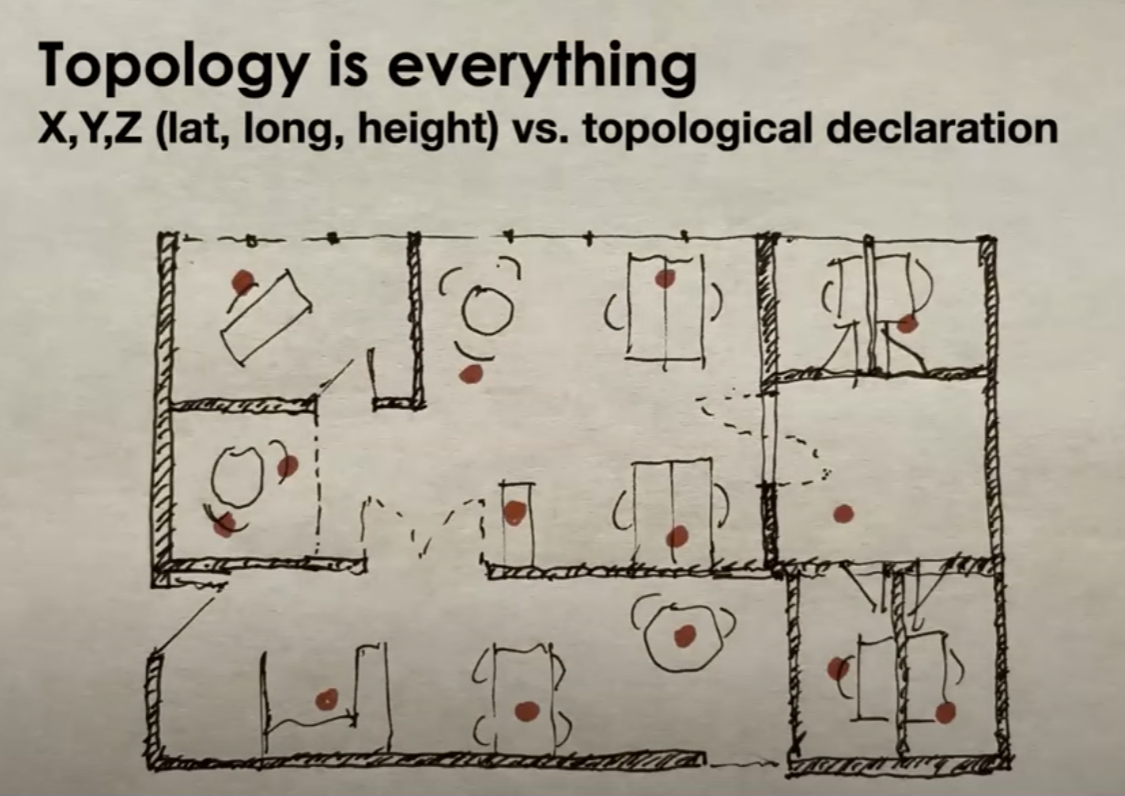Difference between revisions of "Scientific Computing and BIM?"
From Design Computation
Abel Maciel (talk | contribs) (Created page with "Scientific Computing" covers a vast range of data and compute architectures, from processing huge data volumes of very large instrument data to multi-disciplinary ad-hoc resea...") |
Abel Maciel (talk | contribs) |
||
| Line 1: | Line 1: | ||
| + | [[File:DCIO2022-Logo.png|right|200px|link=DC_I/O_2022]] | ||
| + | [[Category:DCIO]] | ||
| + | [[Category:DCIO2023]] | ||
| + | [[Category:DCIO Proceedings]] | ||
| + | [[Category:Conferences]] | ||
| + | [[Category:Book]] | ||
| + | [[DC I/O 2023]] Keynote by [[]]. https://doi.org/10.47330/DCIO.2022.FYNQ9140 | Watch [[File:VideoRecord-Icon.png |Left|22px|link=https://youtu.be/7XiB8R2Jr5c]] | [[File:Paper-Icon.png |Left|30px|link=https://www.dropbox.com/]] | [[File:Poster-Icon.png |Left|30px|link=https://www.dropbox.com/]] | [[File:Slides-Icon.png |Left|30px|link=https://www.dropbox.com/]] | ||
| + | |||
| + | |||
| + | [[File:DCIO2022 S2 0 P-Russell.png|center|800px]] | ||
| + | |||
| + | |||
| + | =Abstract= | ||
Scientific Computing" covers a vast range of data and compute architectures, from processing huge data volumes of very large instrument data to multi-disciplinary ad-hoc research using diverse messy datasets, from supercomputing simulations to edge computing, from wholly simulated environments to sensor networks and digital twins. This talk will provide an overview of scientific computing and ask the question what SC can learn from BIM, and what BIM can learn from SC. | Scientific Computing" covers a vast range of data and compute architectures, from processing huge data volumes of very large instrument data to multi-disciplinary ad-hoc research using diverse messy datasets, from supercomputing simulations to edge computing, from wholly simulated environments to sensor networks and digital twins. This talk will provide an overview of scientific computing and ask the question what SC can learn from BIM, and what BIM can learn from SC. | ||
| + | |||
| + | =Keywords= | ||
| + | [[topology]], [[intelligent buildings]], [[cascading systems]] | ||
| + | |||
| + | =Bibliography= | ||
| + | * | ||
Revision as of 23:48, 10 December 2023
DC I/O 2023 Keynote by [[]]. https://doi.org/10.47330/DCIO.2022.FYNQ9140 | Watch
Abstract
Scientific Computing" covers a vast range of data and compute architectures, from processing huge data volumes of very large instrument data to multi-disciplinary ad-hoc research using diverse messy datasets, from supercomputing simulations to edge computing, from wholly simulated environments to sensor networks and digital twins. This talk will provide an overview of scientific computing and ask the question what SC can learn from BIM, and what BIM can learn from SC.
Keywords
topology, intelligent buildings, cascading systems
